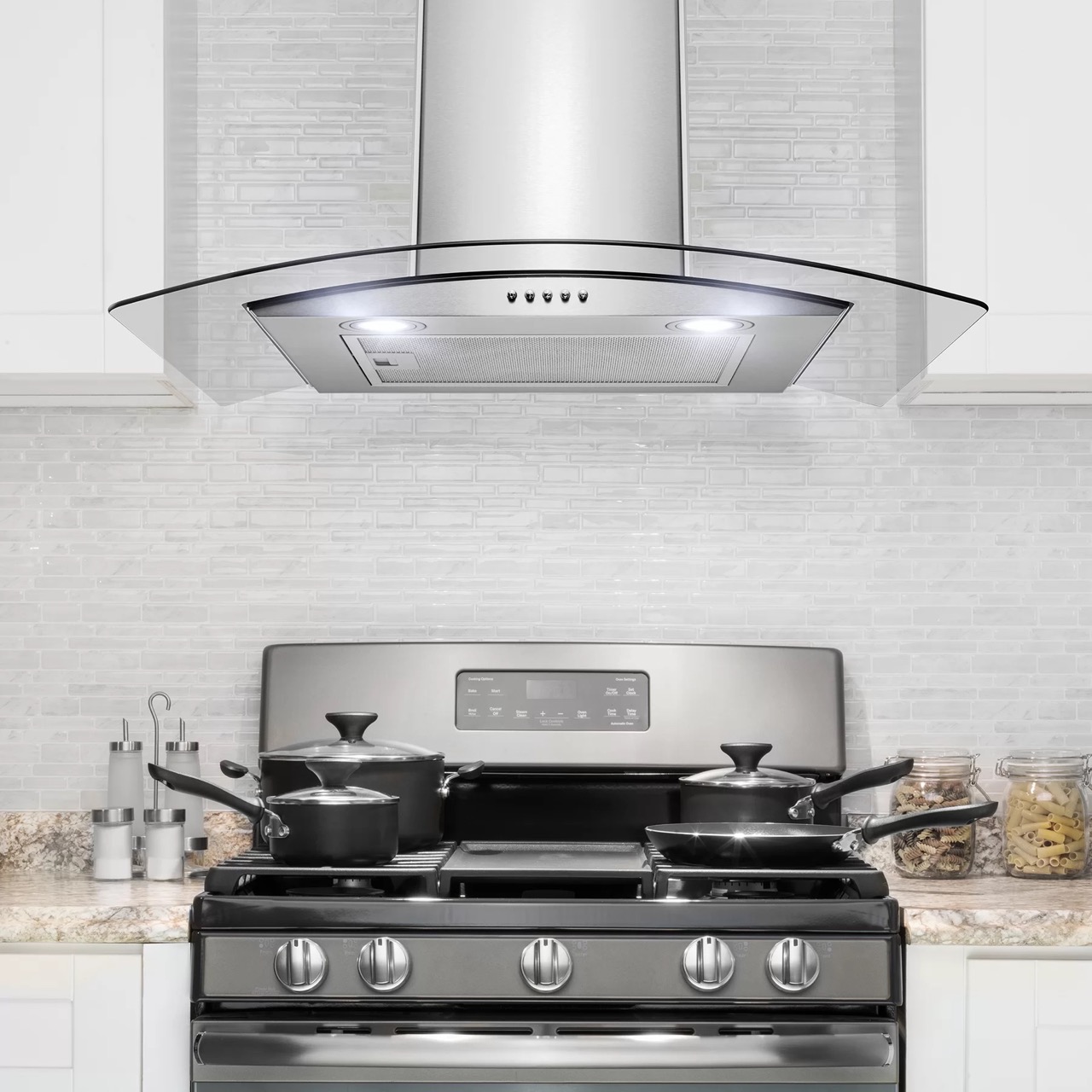

Articles
Which Range Hood Is the Quietest?
Modified: October 18, 2024
Looking for the quietest range hood? Discover expert opinions, reviews, and articles on the top-rated silent range hoods to create a peaceful and noise-free kitchen environment.
(Many of the links in this article redirect to a specific reviewed product. Your purchase of these products through affiliate links helps to generate commission for Storables.com, at no extra cost. Learn more)
Introduction
A range hood is an essential appliance in any kitchen, helping to remove smoke, odors, and grease from the air while cooking. However, not all range hoods are created equal when it comes to noise levels. It can be frustrating to have a loud and disruptive range hood, especially in open-concept kitchens where noise easily travels throughout the space.
In today’s modern kitchens, homeowners are increasingly seeking quiet range hoods to maintain a peaceful cooking environment. A quiet range hood not only provides efficient ventilation but also allows for pleasant conversations and enjoyable cooking experiences.
This article will delve into the importance of selecting a quiet range hood, the factors to consider when choosing one, noise level ratings to watch out for, comparisons of different quiet range hoods, the benefits of having a quiet range hood, and tips for maintaining its quiet operation.
So, if you’re in the market for a range hood that doesn’t disrupt your kitchen’s tranquility, read on to discover everything you need to know about choosing the quietest range hood for your home.
Key Takeaways:
- Prioritize a quiet range hood to enjoy a peaceful cooking environment, improved indoor air quality, and enhanced conversations, creating a harmonious kitchen atmosphere for a more enjoyable culinary experience.
- Consider factors such as noise level ratings, fan speed options, and motor type when choosing a quiet range hood, ensuring a perfect balance between noise reduction and efficient ventilation for your kitchen.
Read more: What Is A Range Hood
Importance of a Quiet Range Hood
A quiet range hood plays a significant role in enhancing the overall cooking experience and maintaining a peaceful environment in your kitchen. Here are a few reasons why investing in a quiet range hood is important:
- Noise Reduction: Cooking can be a noisy activity, but that doesn’t mean your range hood has to add to the cacophony. A quiet range hood minimizes distractions and allows you to concentrate on creating delicious meals without the constant drone of a loud appliance.
- Improved Indoor Air Quality: Range hoods are designed to remove smoke, steam, and odors from your kitchen. A quiet range hood ensures that this extraction process doesn’t disrupt your kitchen activities or overwhelm conversations. You can cook with confidence, knowing that the air will remain fresh and clean.
- Enhanced Conversation: Many modern kitchens are connected to living or dining areas, making it crucial to have a quiet range hood that won’t interrupt conversations or reduce the enjoyment of socializing with friends and family while preparing meals. With a quiet range hood, you can cook and entertain simultaneously without increasing noise levels.
- Peaceful Cooking Environment: Cooking should be a stress-relieving and enjoyable experience. A loud range hood can create unnecessary tension and disturb the harmony of your kitchen. By opting for a quiet range hood, you can transform your cooking area into a peaceful sanctuary where you can focus on your culinary endeavors.
- Improved Sleep Quality: For those with kitchenettes or open-concept living arrangements, a noisy range hood can affect adjacent bedrooms. If your kitchen is close to sleeping areas, choosing a quiet range hood will ensure that cooking noises do not disturb your family’s sleep, allowing everyone to get the rest they need.
By prioritizing a quiet range hood, you can enjoy a harmonious kitchen environment while still reaping the benefits of efficient ventilation and odor control.
Factors to Consider when Choosing a Quiet Range Hood
When selecting a quiet range hood for your kitchen, there are several key factors to consider. These factors will help you find the perfect balance between noise reduction and efficient ventilation:
- Noise Level Ratings: Look for range hoods that provide a designated noise level rating. This rating is typically measured in decibels (dB) and indicates the sound output the range hood produces at various settings. Aim for a range hood with a lower dB rating for quieter operation.
- Fan Speed Options: Consider range hoods that offer multiple fan speed settings. The ability to adjust the fan speed allows you to customize the noise level based on your cooking needs. You can use a lower fan speed during light cooking and increase it when dealing with heavier smoke or odors.
- Ducted vs. Ductless: Ducted range hoods are generally quieter than ductless ones because the noise is directed outside through a ventilation duct. However, if ducted installation is not feasible in your kitchen, look for a ductless range hood with proper noise reduction features.
- Motor Type: The type of motor used in a range hood can significantly impact noise levels. Brushless motors tend to be quieter compared to traditional brushed motors. Opting for a range hood with a high-quality, efficient motor will ensure quieter operation.
- Size and Ventilation Power: Consider the size of your range and the ventilation power required. A range hood that is too small for your stove or lacks adequate CFM (cubic feet per minute) may need to work harder to ventilate, potentially leading to increased noise levels. Ensure the range hood is appropriately sized and has sufficient power for your kitchen needs.
- Quality Construction: A well-built range hood with quality materials can contribute to noise reduction. Look for range hoods made from sturdy materials that can absorb sound vibrations and minimize noise transmission.
- Additional Noise Reduction Features: Some range hoods come with additional noise reduction features, such as sound insulation, dampening pads, or baffle filters. These features can help further reduce noise levels, so consider models that offer these benefits.
By considering these factors and selecting a range hood that meets your specific requirements, you can ensure a quiet and efficient ventilation solution for your kitchen.
Noise Level Ratings for Range Hoods
When shopping for a quiet range hood, understanding the noise level ratings is crucial. These ratings provide an objective measurement of the range hood’s noise output and help you gauge its overall quietness. Here are some common noise level ratings to be aware of:
- Sones: A sone is a unit of measurement for noise levels. The sone rating indicates how loud a range hood is perceived to be. The lower the sone rating, the quieter the range hood. For example, a range hood with a rating of 1 sone is considered very quiet, while one with a rating of 5 sones is noticeably louder.
- Decibels (dB): Decibels are another commonly used unit of measurement to quantify sound levels. Range hoods typically provide dB ratings to give you an idea of their noise output. Lower dB ratings indicate quieter operation, while higher ratings indicate louder noise levels.
It’s important to note that different manufacturers may use different scales or methods to measure noise levels, making it crucial to compare ratings from the same manufacturer or rely on independent testing for accurate comparisons.
When it comes to noise levels, consider the following general guidelines:
- 0-2 Sones or 30-40 dB: Range hoods within this range are considered extremely quiet. They produce minimal noise and are ideal for open-concept kitchens or those with adjacent living spaces.
- 3-5 Sones or 40-60 dB: Range hoods falling into this range are moderately quiet. Although they are not silent, they provide an acceptable noise level for most kitchens and don’t create excessive disruptions.
- 6+ Sones or 60+ dB: Range hoods with ratings above this range tend to be louder. They may create a significant amount of noise and might not be suitable for kitchens where noise reduction is a priority, especially if you have an open floor plan.
Keep in mind that noise levels can vary depending on the fan speed setting. Lower fan speeds generally result in quieter operation, while higher speeds may produce more noise.
Remember to consider your specific needs and preferences when evaluating noise level ratings. What may be quiet for one person could be considered noisy by another. By understanding noise level ratings, you can make an informed decision and choose a range hood that aligns with your desired level of quietness in the kitchen.
When looking for the quietest range hood, consider models with a low sone rating, which indicates the level of noise produced. Look for hoods with sound insulation and variable speed settings for quieter operation.
Comparison of Quiet Range Hoods
When searching for a quiet range hood, it’s essential to compare different models to find the one that best suits your needs. Here’s a comparison of some popular quiet range hoods available on the market:
- Brand A Quiet Range Hood: This range hood boasts a sone rating of only 1, making it one of the quietest options available. It features a powerful yet whisper-quiet motor and offers multiple fan speed settings for personalized ventilation. The range hood also includes sound insulation and advanced noise reduction technology to minimize operational noise.
- Brand B Silent Range Hood: With a sone rating of 2, this range hood provides a quiet cooking environment. It comes equipped with a high-performance fan motor designed for silent operation. The range hood offers efficient ventilation while keeping noise levels to a minimum. It also features easy-to-use controls and sleek design aesthetics.
- Brand C Low-Noise Range Hood: This range hood offers a noise level rating of 3 sones, making it suitable for kitchens where noise reduction is a priority. It utilizes a state-of-the-art motor with noise-reducing features to ensure quiet operation. The range hood also includes adjustable fan speed options and comes with sound-absorbing materials to further reduce noise.
- Brand D Whisper-Quiet Range Hood: With a noise level rating of 1.5 sones, this range hood brings quietness to any kitchen. It features a powerful yet efficient motor that delivers excellent ventilation performance without sacrificing silence. The range hood incorporates advanced sound dampening technology and offers customizable fan speed settings for maximum versatility.
When comparing range hoods, consider factors such as noise level ratings, motor quality, ventilation power, size, and additional features like sound insulation or dampening pads. It’s essential to also read customer reviews and expert recommendations to get a better understanding of each range hood’s performance and user satisfaction.
Ultimately, the comparison process will help you identify the range hood that strikes the perfect balance between quiet operation and efficient ventilation in your kitchen.
Read more: How To Build A Range Hood
Benefits of Having a Quiet Range Hood
Having a quiet range hood in your kitchen offers numerous benefits beyond just reducing noise levels. Let’s explore some of the advantages of investing in a quiet range hood:
- Pleasant Cooking Atmosphere: A quiet range hood creates a peaceful and serene cooking environment by eliminating excessive noise. It allows you to focus on your culinary creations without distractions, enhancing the overall cooking experience.
- Improved Indoor Air Quality: A quiet range hood efficiently removes smoke, grease, and odors from your kitchen, ensuring that the air remains fresh and clean. This helps to maintain a healthy cooking environment and prevents lingering smells from spreading throughout your home.
- Enhanced Kitchen Conversations: With a quiet range hood, you can comfortably hold conversations, whether it’s with guests in the dining area or family members gathered around the kitchen. The reduced noise levels enable seamless communication without having to raise your voice over the fan noise.
- Increased Energy Efficiency: Quiet range hoods often utilize advanced motor technologies that are not only quieter but also energy-efficient. This means you can enjoy a quieter kitchen environment without compromising on the appliance’s performance or wasting energy.
- Reduced Stress and Tension: Loud range hoods can be a source of stress and tension, affecting your overall well-being while cooking. By opting for a quiet range hood, you can create a calm and relaxing space, allowing you to cook with ease and enjoyment.
- Neighbor-Friendly Solution: If you live in an apartment or have neighbors in close proximity, a quiet range hood is considerate to those around you. It helps to maintain a peaceful atmosphere for both your household and your neighbors, reducing the risk of disturbances or complaints.
- Better Sleep Quality: Some kitchens are adjacent to bedrooms or living spaces where people rest. A quiet range hood ensures that cooking noises are minimal, allowing everyone in the home to sleep peacefully without disruptions.
Overall, having a quiet range hood in your kitchen enhances the comfort, functionality, and enjoyment of the space. It allows for quieter conversations, better air quality, reduced stress levels, and a more harmonious cooking experience.
Tips for Maintaining a Quiet Range Hood
To ensure that your quiet range hood continues to operate at optimal noise levels, it’s important to maintain and care for it properly. Here are some useful tips for maintaining a quiet range hood:
- Regular Cleaning: Clean the range hood regularly to prevent the build-up of grease, dust, and debris. Use mild soapy water or a non-abrasive cleaner to wipe down the exterior and interior surfaces. Pay extra attention to the fan blades, filters, and vents, as these areas are prone to accumulating grease and dirt.
- Replace or Clean the Filters: Depending on your range hood’s specifications, clean or replace the filters periodically. Dirty filters can hinder airflow and lead to excessive noise. Refer to the manufacturer’s instructions for proper maintenance and filter replacement intervals.
- Check the Ductwork: Inspect the ductwork connecting the range hood to the exterior of your home. Ensure that it is clear of any obstructions, such as debris or blockages, which could impede proper airflow and increase noise levels. Clean or repair the ductwork as needed.
- Inspect and Lubricate the Fan Motor: Regularly inspect the fan motor for any signs of wear or damage. Lubricate the motor bearings if required, as this can help reduce operational noise. Refer to the manufacturer’s guidelines for specific lubrication instructions.
- Check for Loose Screws: Over time, screws and fasteners on the range hood may loosen. Periodically inspect the unit and tighten any loose screws to minimize vibrations and potential noise sources.
- Keep the Surrounding Area Clean: Maintain a clean and clutter-free area around the range hood. Remove any objects or cooking utensils that may come into contact with the hood or obstruct its functionality. This will help to prevent unnecessary vibrations and noise.
- Proper Ventilation: Ensure that your range hood is installed correctly and has sufficient ventilation. Improper installation or inadequate ventilation can cause the motor to work harder, resulting in increased noise. If you suspect ventilation issues, consult a professional to assess and address the problem.
- Address Any Unusual Noises Promptly: If you notice any unusual noises coming from your range hood, such as rattling or grinding sounds, investigate and address the issue promptly. Unusual sounds could be an indication of loose parts, a malfunctioning motor, or other mechanical problems that may require professional repair.
By following these maintenance tips, you can ensure that your quiet range hood remains in top-notch condition, delivering efficient ventilation while keeping noise levels at a minimum.
Conclusion
Choosing a quiet range hood for your kitchen can greatly enhance your cooking experience and create a more peaceful environment. By considering noise level ratings, fan speed options, ducted vs. ductless setups, motor types, ventilation power, and overall construction quality, you can find a range hood that strikes the perfect balance between noise reduction and efficient performance.
Having a quiet range hood offers numerous benefits, including reduced distractions, improved indoor air quality, enhanced conversations, increased energy efficiency, reduced stress levels, and better sleep quality. It allows you to enjoy a tranquil cooking atmosphere while efficiently removing smoke, odors, and grease from your kitchen.
When comparing different models, be sure to read customer reviews, check noise level ratings, and consider any additional noise reduction features. This will help you make an informed decision and choose the quietest range hood that aligns with your specific needs and preferences.
To maintain a quiet range hood, clean it regularly, replace or clean the filters as needed, check the ductwork for blockages, inspect and lubricate the fan motor, tighten any loose screws, keep the surrounding area clean and uncluttered, ensure proper ventilation, and address any unusual noises promptly. These maintenance practices will help keep your range hood operating quietly and effectively for years to come.
In conclusion, investing in a quiet range hood is a valuable addition to any kitchen. It not only creates a peaceful cooking environment but also improves the overall functionality and enjoyment of your culinary space. So, prioritize quietness when selecting a range hood and experience the difference it makes in your kitchen ambiance and cooking endeavors.
Frequently Asked Questions about Which Range Hood Is The Quietest?
Was this page helpful?
At Storables.com, we guarantee accurate and reliable information. Our content, validated by Expert Board Contributors, is crafted following stringent Editorial Policies. We're committed to providing you with well-researched, expert-backed insights for all your informational needs.

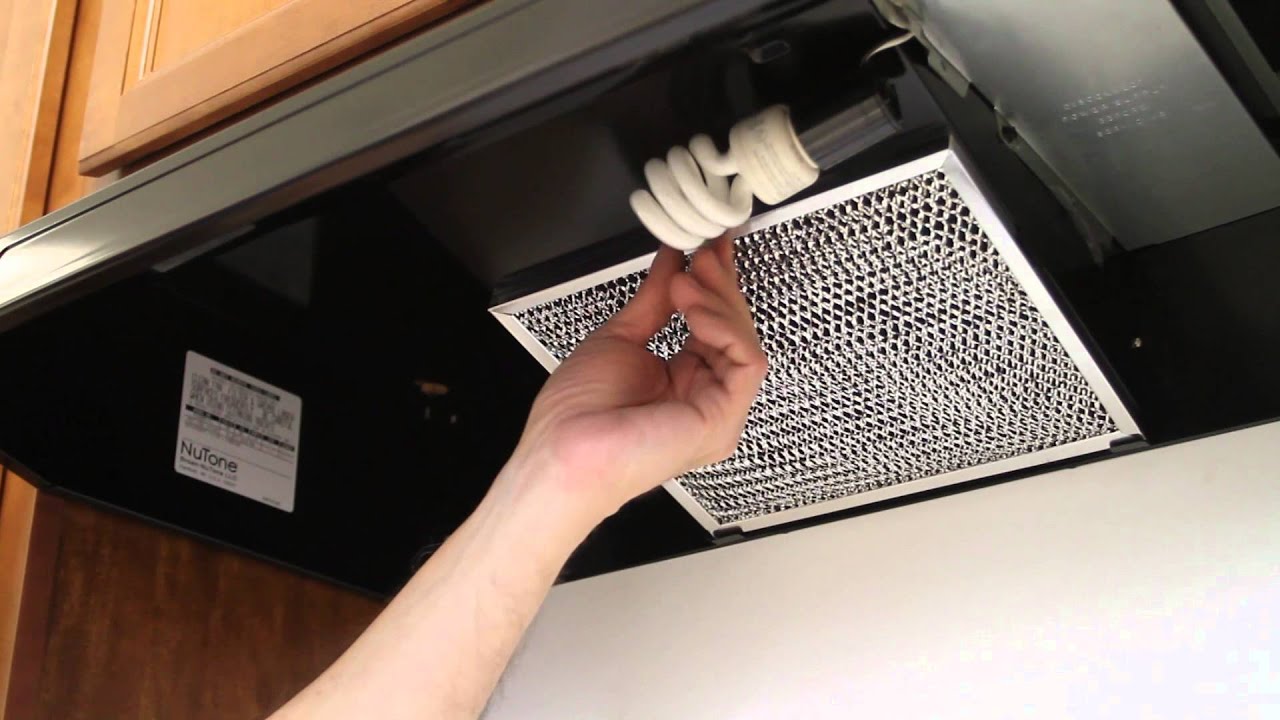
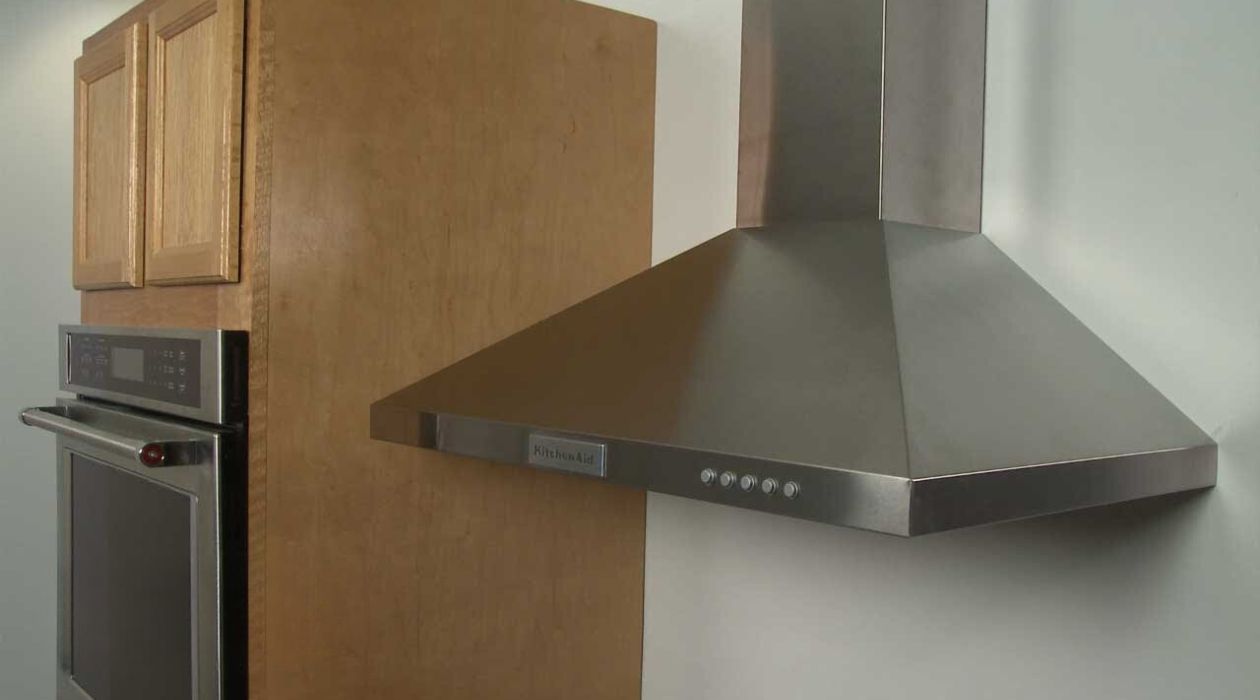

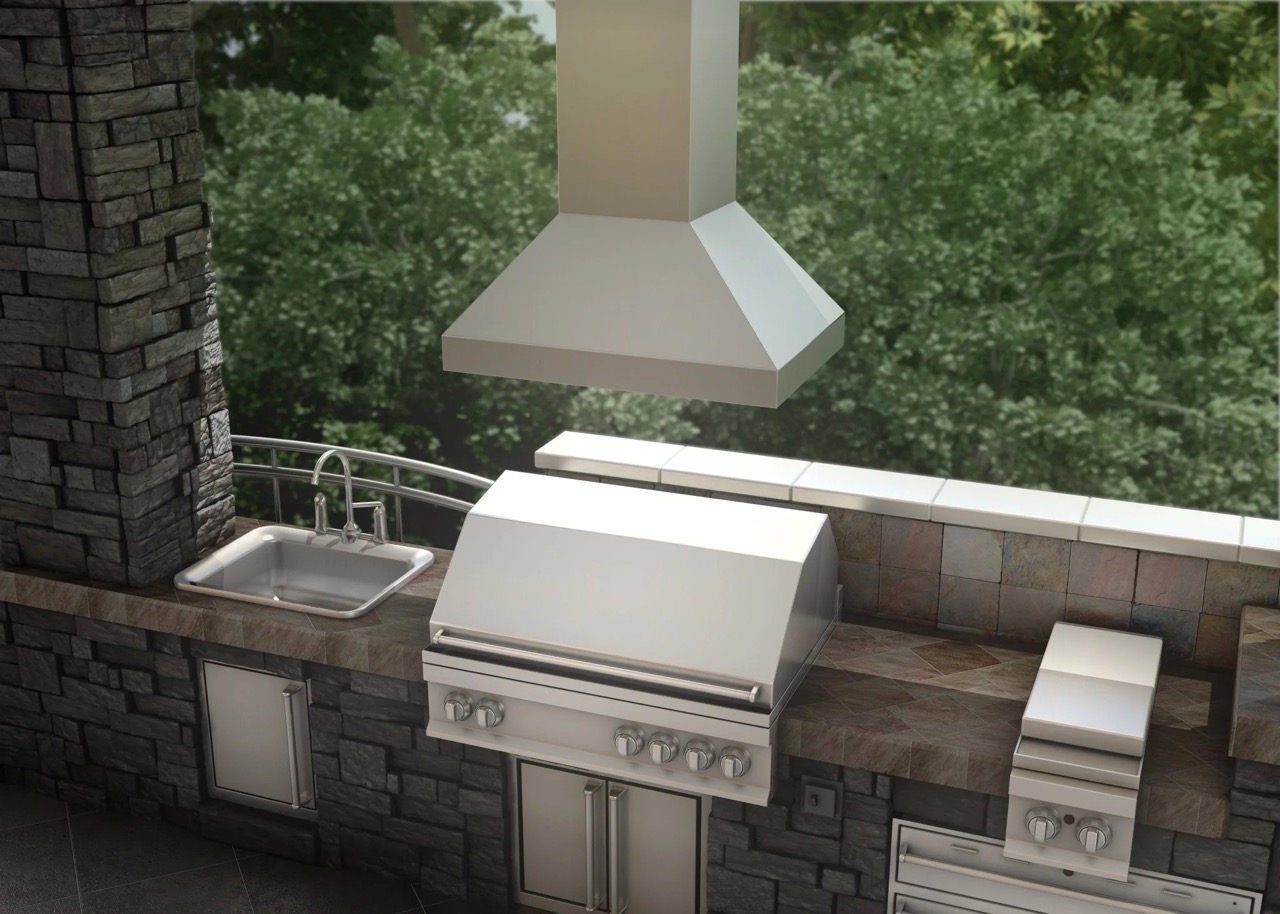
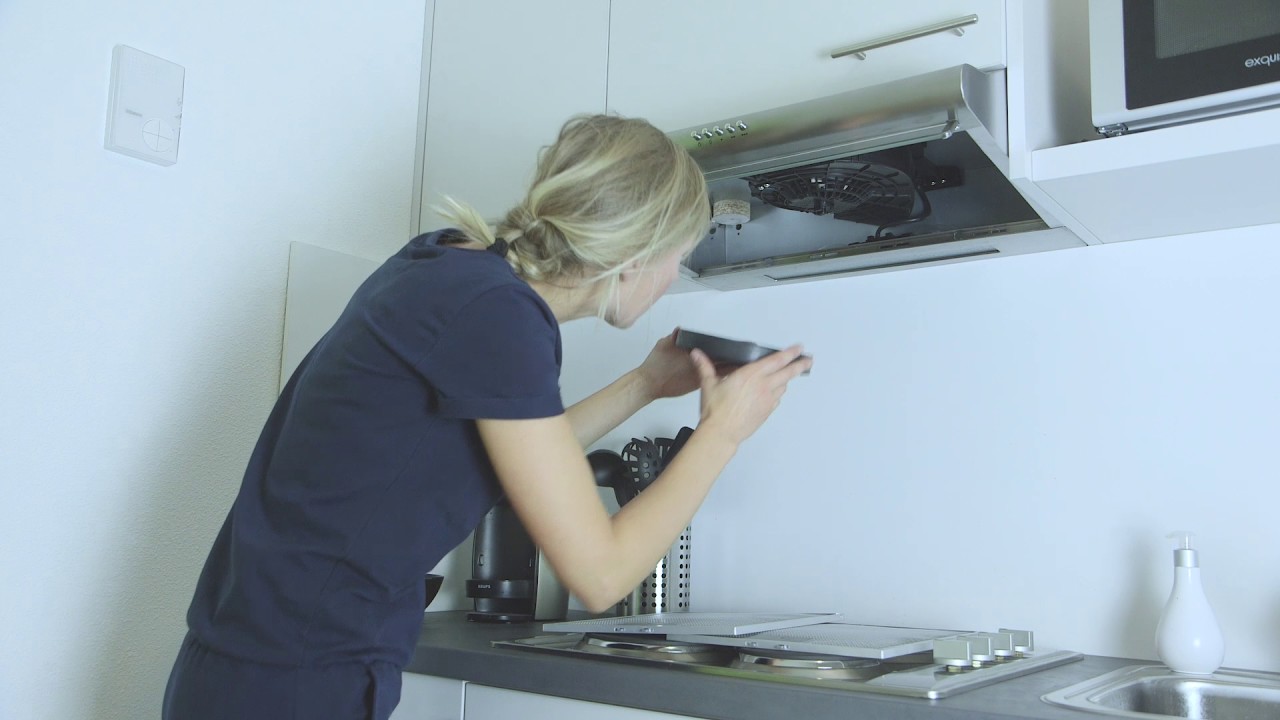
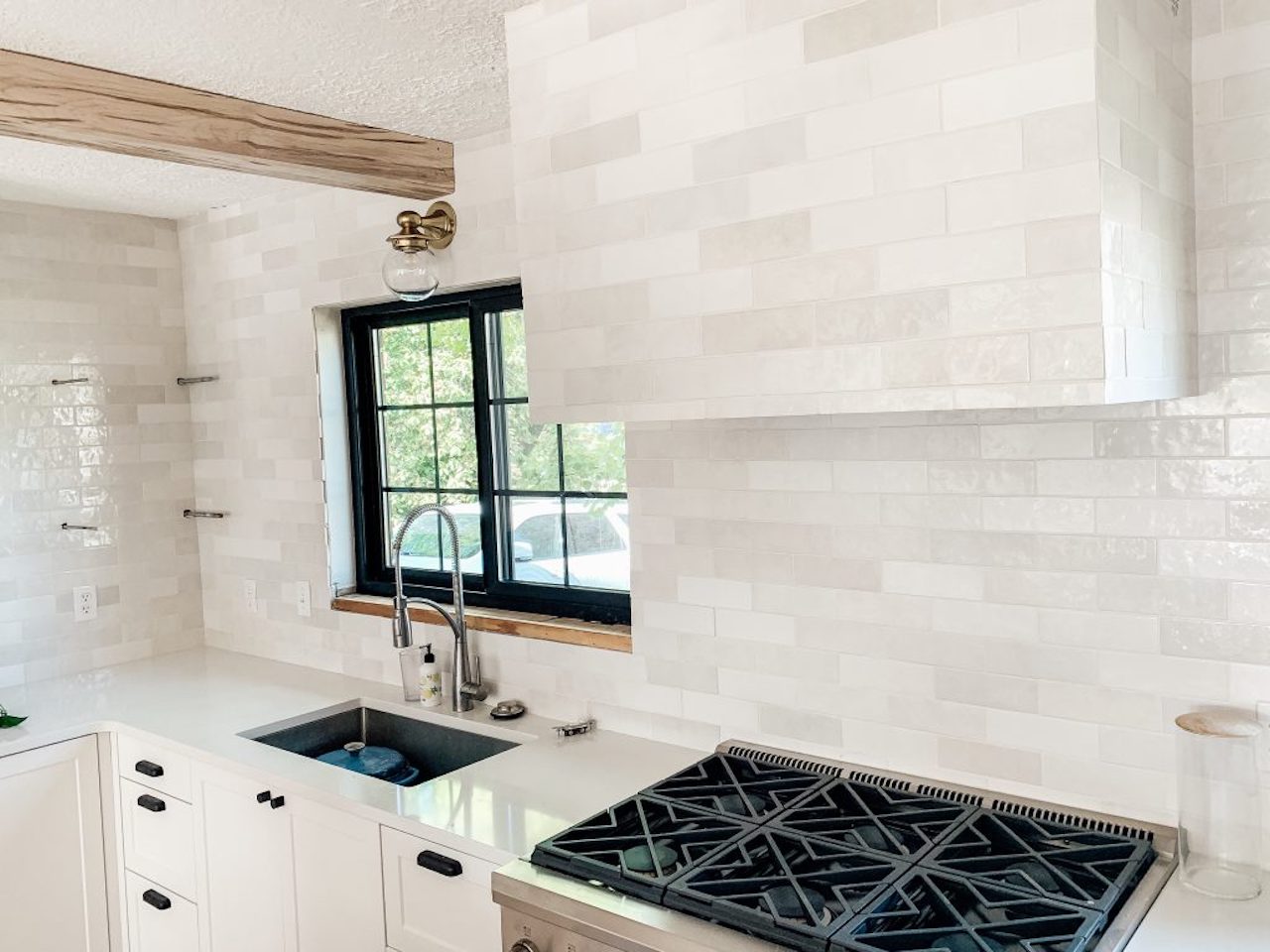
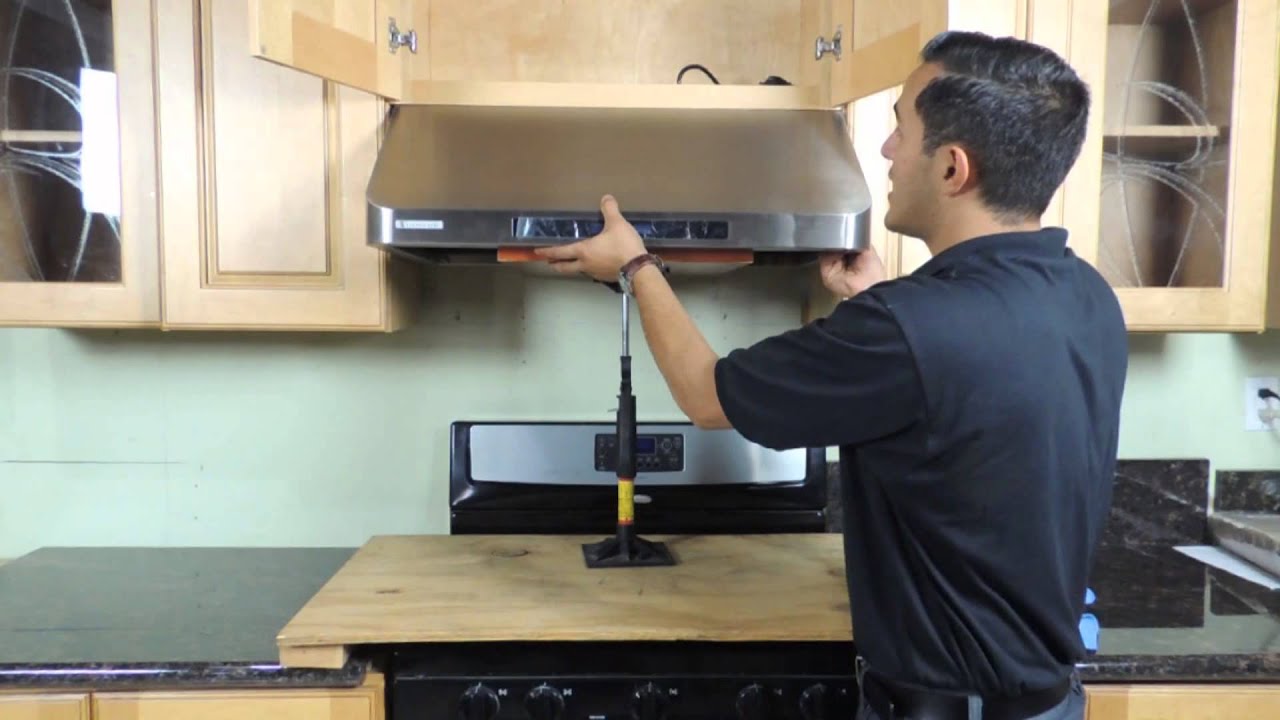
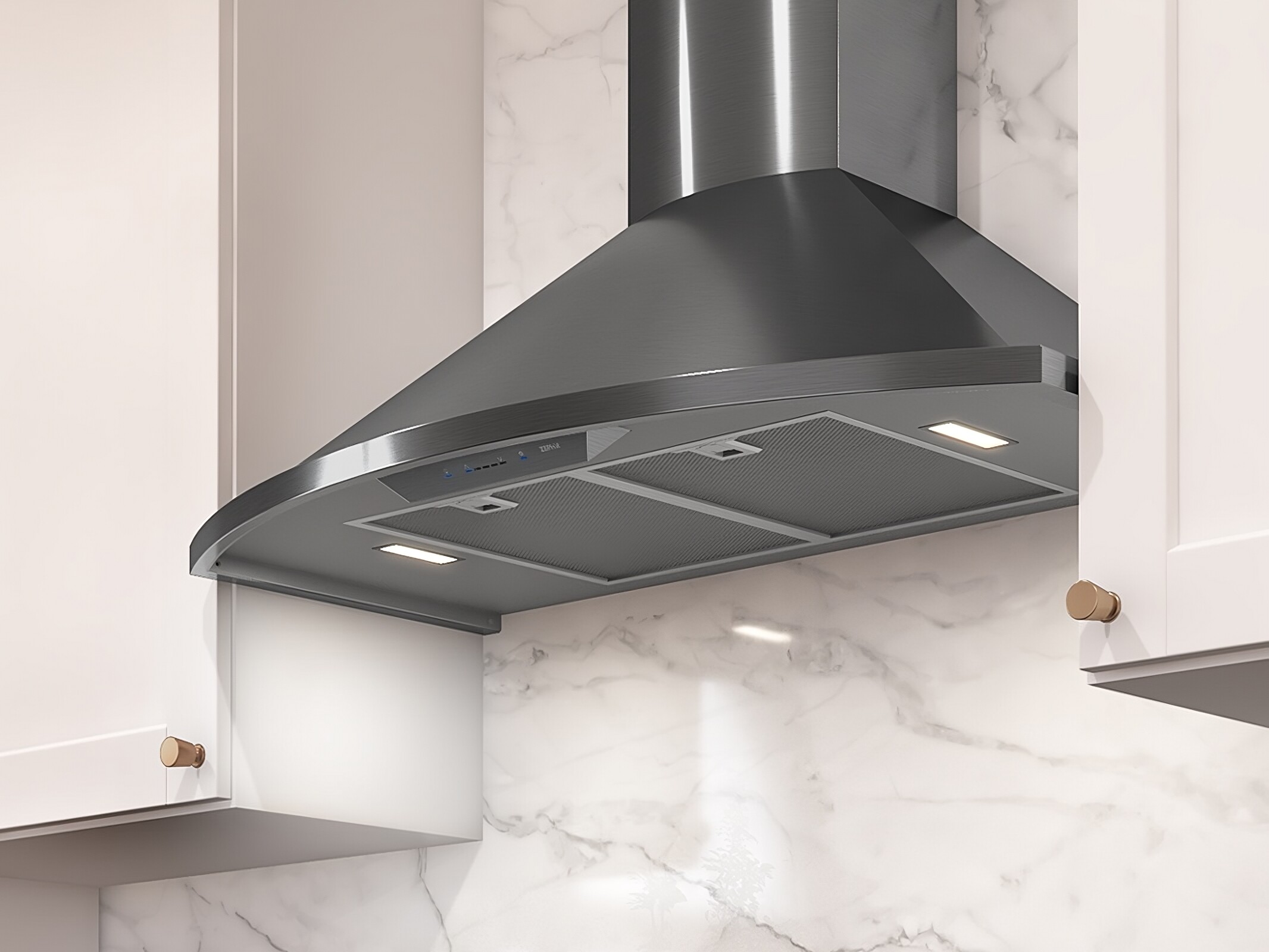
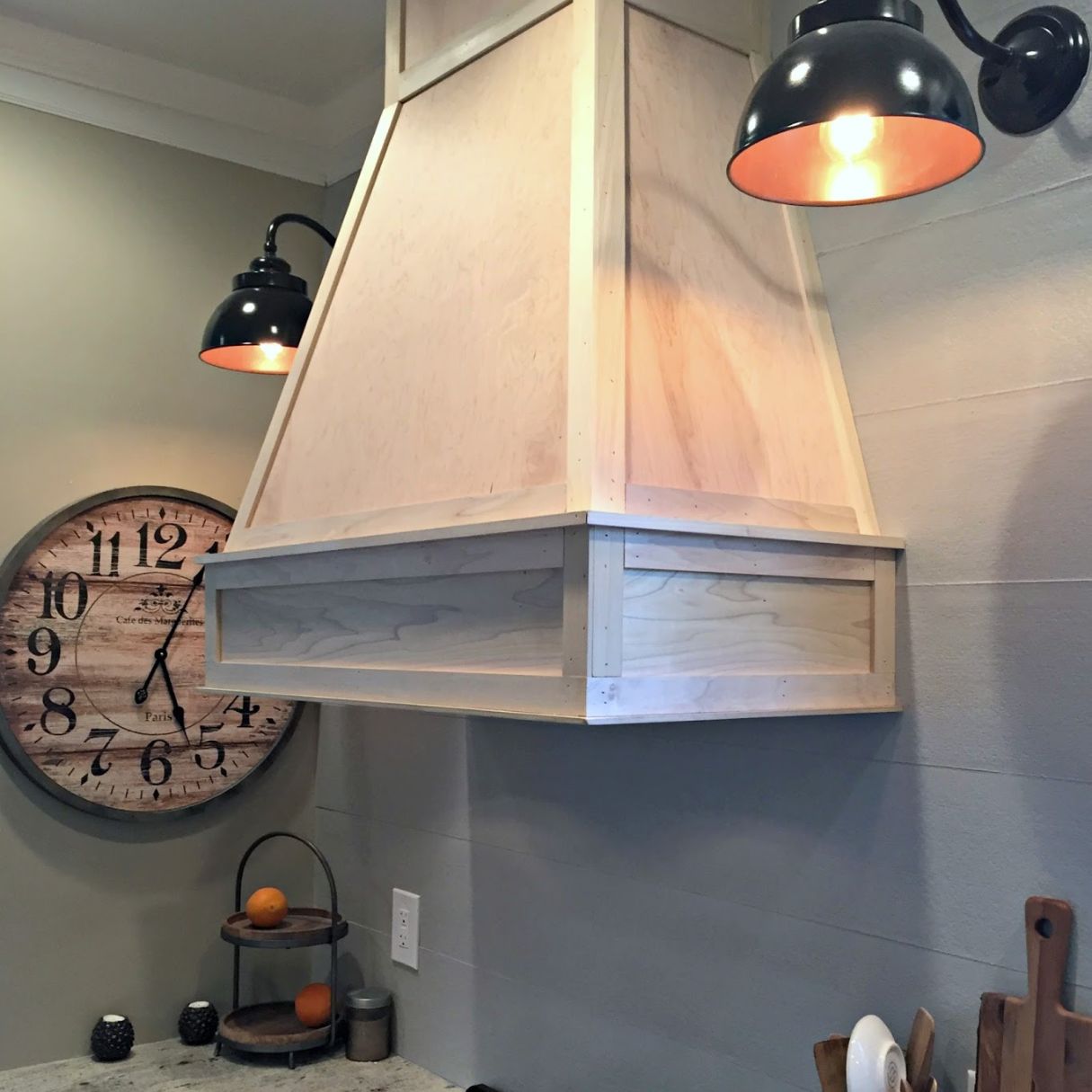
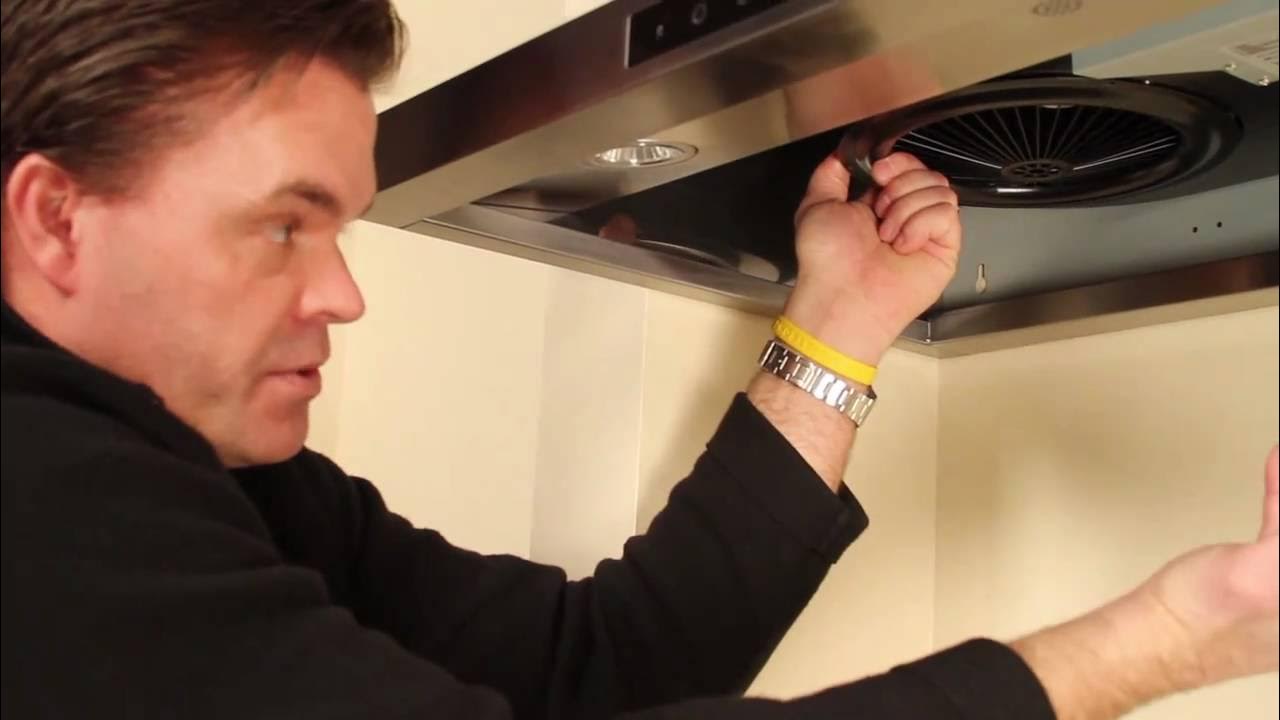
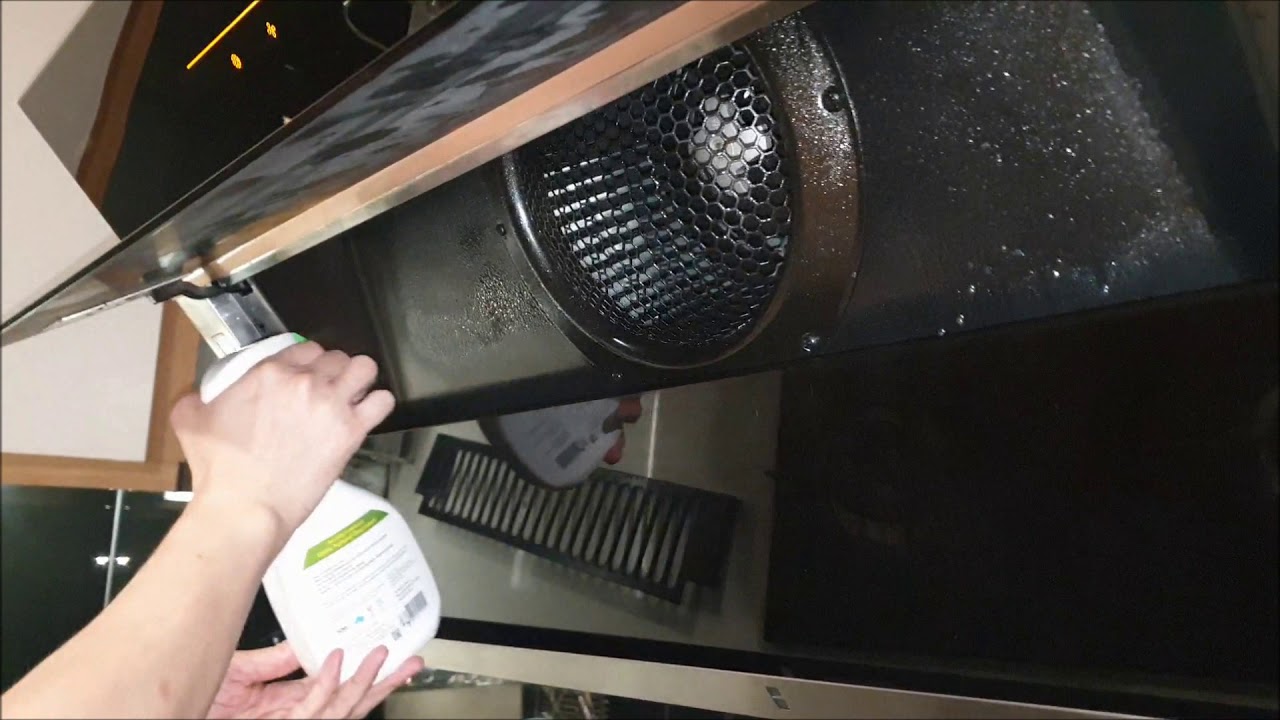
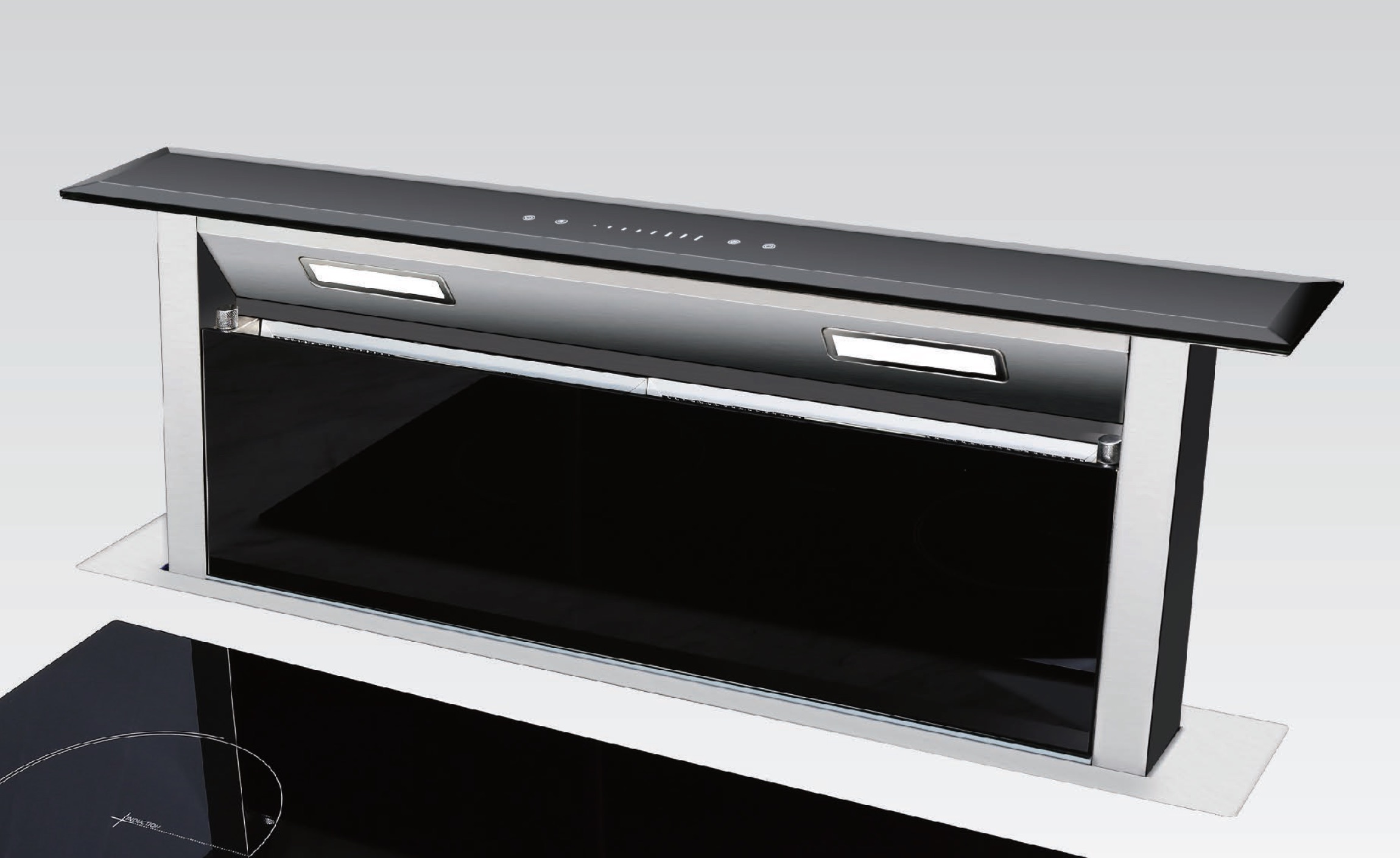
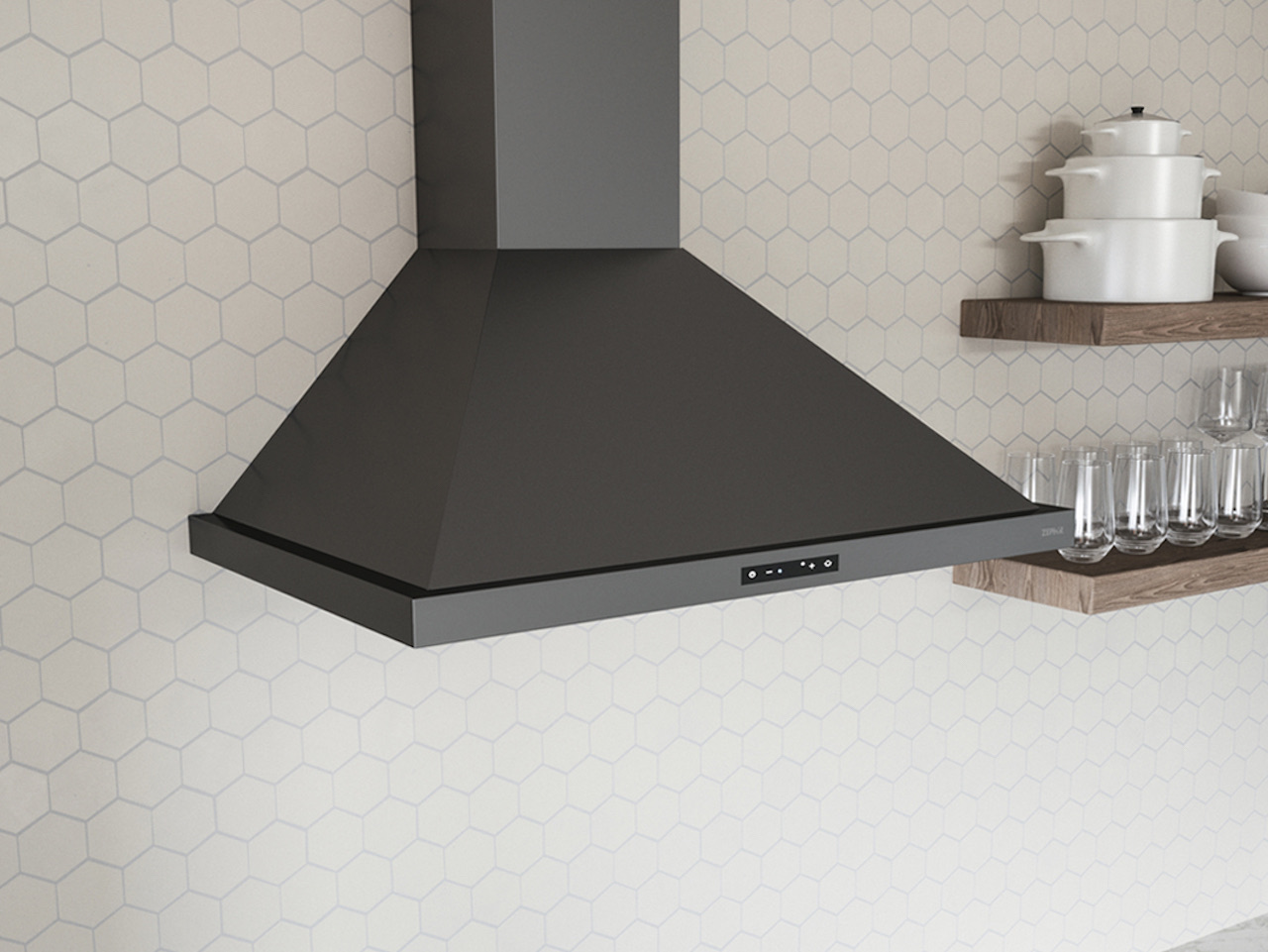

0 thoughts on “Which Range Hood Is the Quietest?”